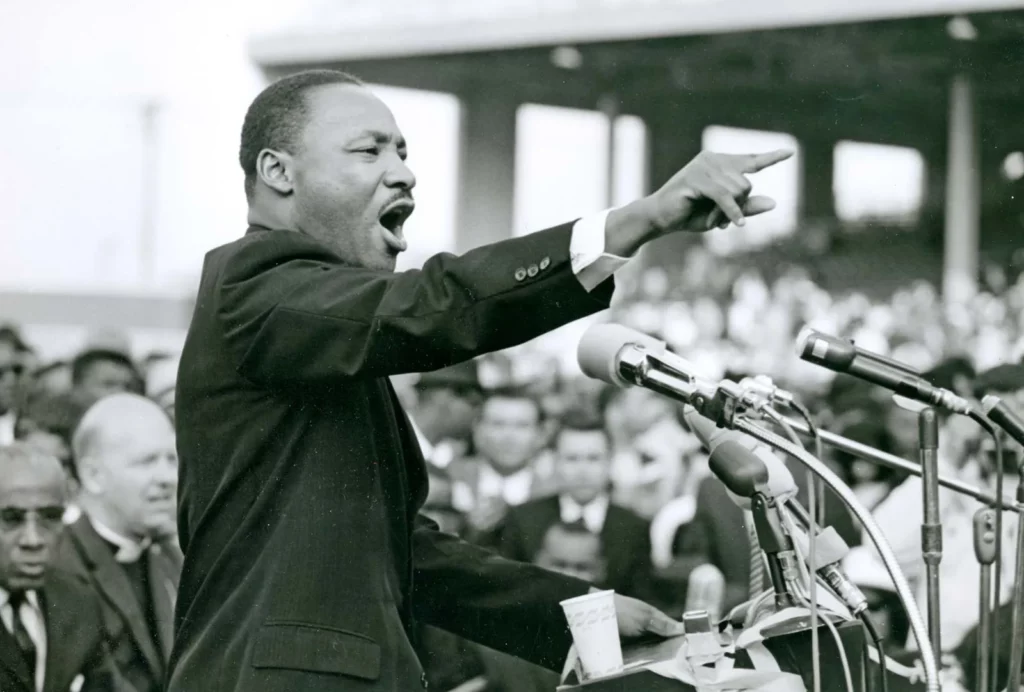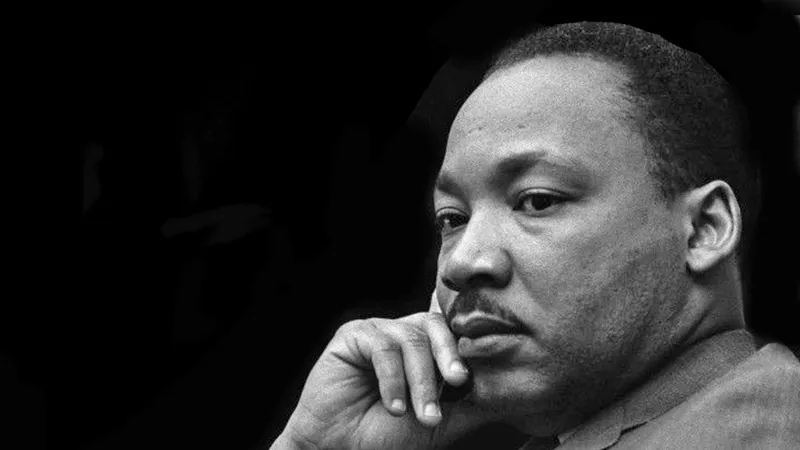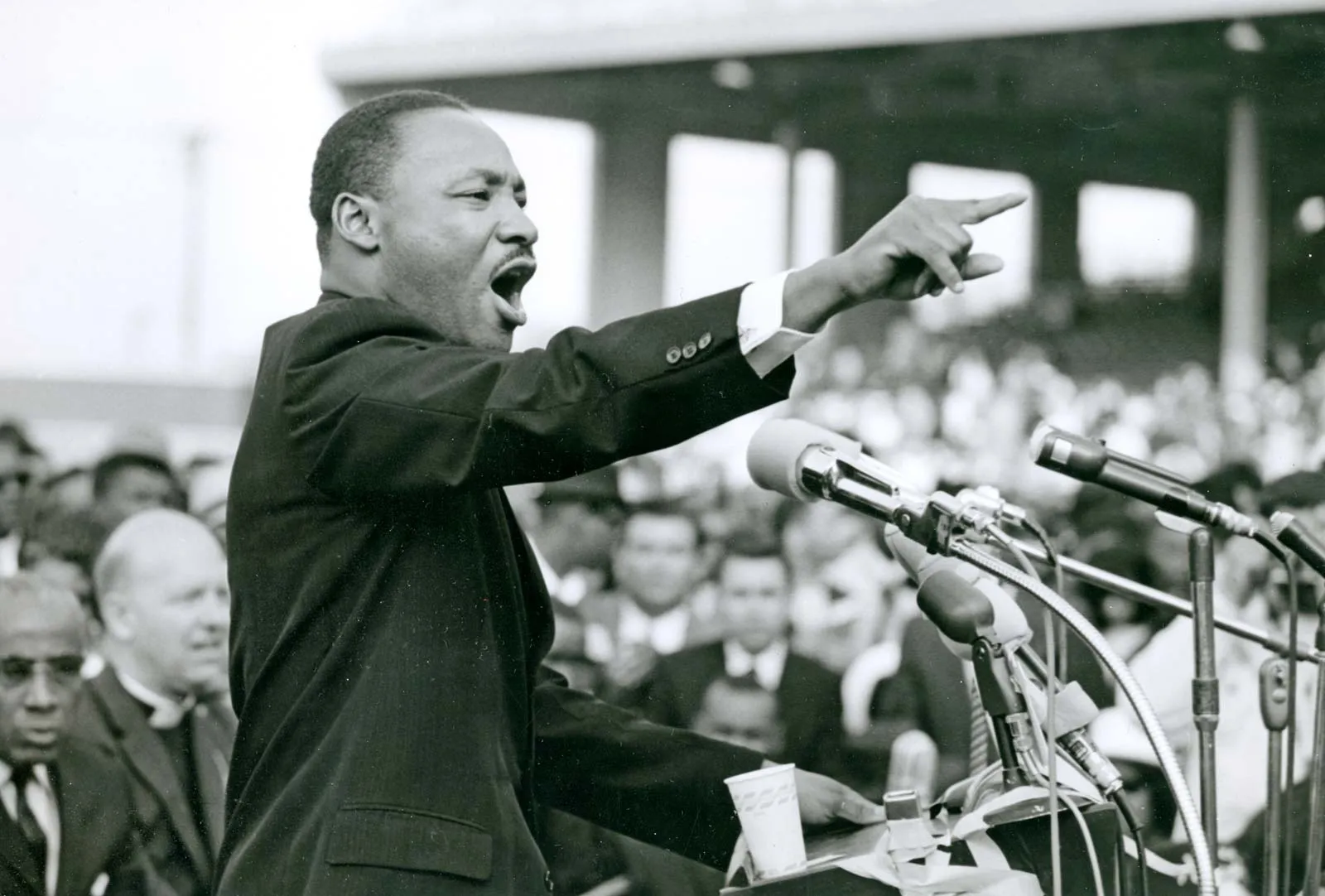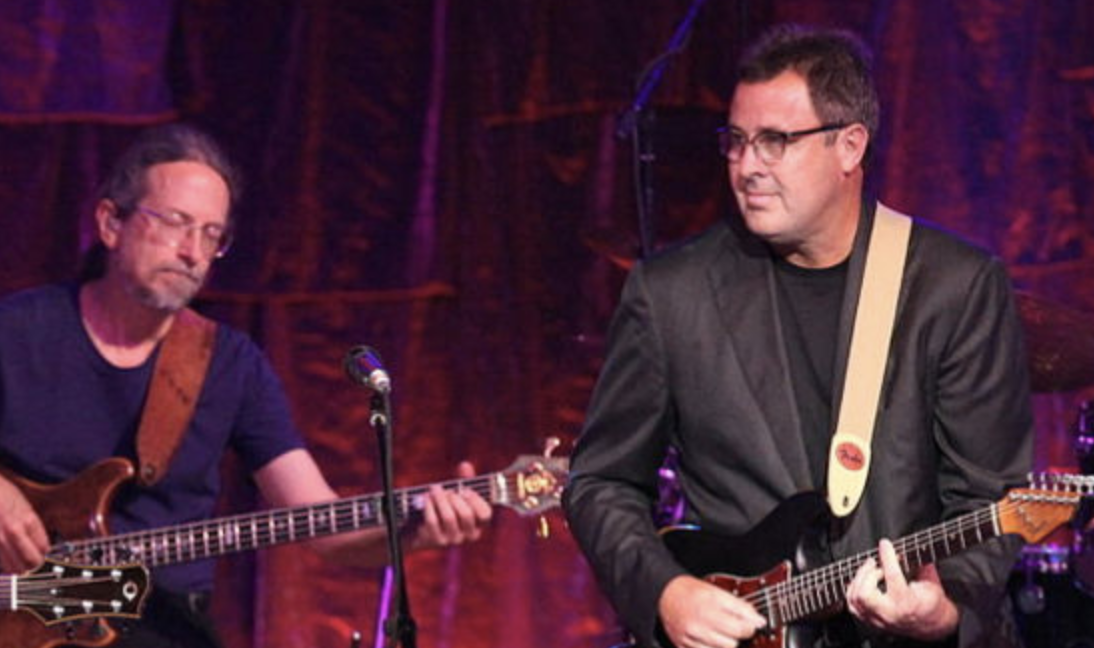Martin Luther King Jr’s famous “I Have a Dream” speech continues to resonate as a symbol of the civil rights movement. It propelled the fight for freedom and equality, making King an iconic figure around the world. However, his words have now been co-opted and twisted by conservatives to dismantle progressive measures that King fought so hard to achieve.
Conservatives like Vivek Ramaswamy, Ron DeSantis, and Nikki Haley have selectively referenced King to support their own agendas. They have used his message to undermine the importance of addressing systemic racism and promoting diversity, equity, and inclusion initiatives. This misuse of King’s words has turned his dream into a nightmare, as sociologist Hajar Yazdiha from the University of Southern California points out.

The distortion of King’s legacy can be traced back to the institutionalization of Martin Luther King Jr Day under Ronald Reagan. Despite Reagan’s opposition to civil rights and his disdain for King, he embraced the holiday for political purposes. By associating his legacy with King’s, Reagan attempted to distance himself from accusations of racism. He shaped a version of King that was colorblind and emphasized American exceptionalism and states’ rights. This manipulation of King’s image has had lasting consequences.
Conservatives have played a long game, understanding that they need to accept multicultural democracy for their own purposes. They use King’s name and words to push their conservative agendas, regardless of the true essence of King’s message. This has turned King into a contested memory, as civil rights history professor John Kirk explains.
Not only politicians, but media personalities like Glenn Beck and Joe Rogan have also misused King’s name to defend their own controversial views. Even King’s own monument in Washington DC misquoted him when it was first unveiled. These disingenuous allusions reduce King to a depoliticized mascot, erasing the complexity and depth of his activism.
King’s radical legacy, including his fight against poverty and his opposition to the Vietnam War, is often overshadowed by conservatives’ selective quoting. He called for a radical revolution of values, condemning racism, extreme materialism, and militarism. However, his speech was widely criticized at the time, with Barry Goldwater even accusing him of treason.
It is crucial to reclaim Martin Luther King Jr’s true legacy and honor the breadth of his views and activism. Efforts are underway, such as the Reclaim MLK campaign, to highlight King’s radicalism and the contributions of other instrumental figures in the civil rights movement, including women and LGBTQ+ activists. This is just the beginning of countering the conservative misinformation machine that misuses King’s words and distorts history.

As Hajar Yazdiha emphasizes, correcting the record and holding those who misuse King’s legacy accountable is essential for preserving multicultural democracy. King’s dream of eradicating racism, poverty, and militarism should not be reduced to shallow soundbites but should inspire us to enact policies that reflect his teachings and promote justice.
Let us remember the authentic King, a visionary who fought for equality and justice until his untimely death.





